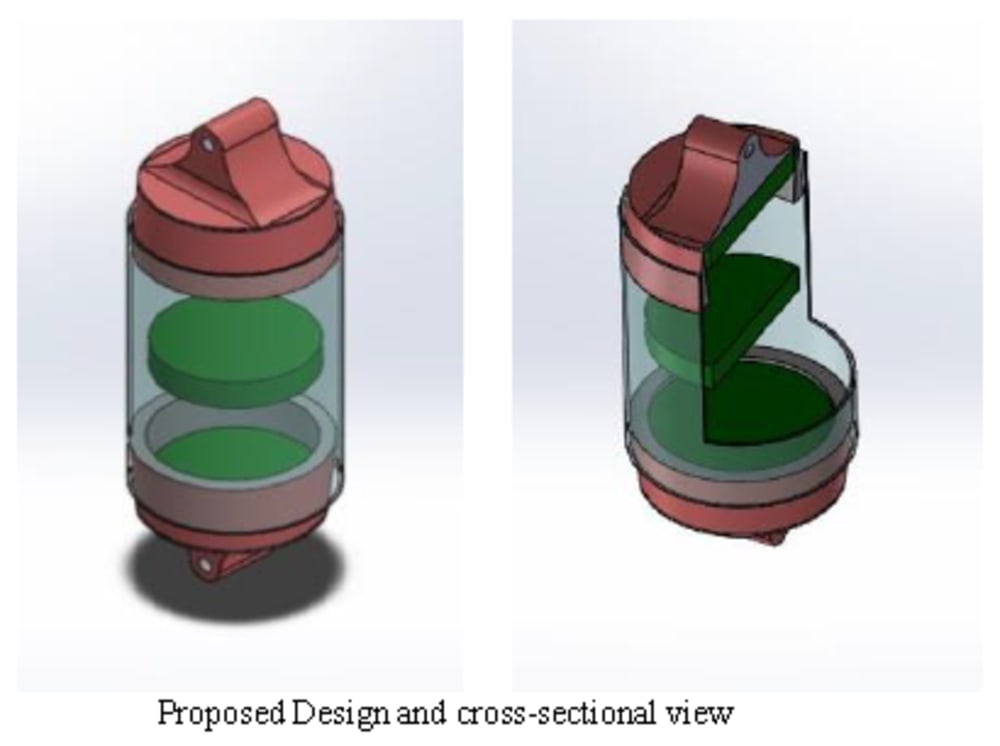Aiming at a totally new concept in vehicle suspension systems, this paper leads to a viable alternative of the conventional shock absorbers which are made of steel coils and liquid filled pistons when put together provides required conditions of a suspension system. Magnetic properties of a material are utilized in this context especially permanent magnets because of their ability to maintain the magnetic behavior for a sufficiently long duration. In this system, we are considering the strongest permanent magnets to replace the conventional system which are rare earth magnets, such as neodymium magnets.
In this system, the conventional shock absorber are intended to replace with an assembly of neodymium magnets arranged in serial inside a closely packed cylinder filled with coolants to prevent temperature rise. The arrangement is such that upon loading the magnets will come close to each other and produce a strong enough repulsive force which will resists the loading(in conventional ones, performed by springs) and keep the vehicle on its course along with cushioning effect along with damping capability and providing comfort to the passengers. Due to variety of neodymium magnets available in market based upon their magnetic strength and their working temperature range, it provides us a large range of shock absorbers to use for different types vehicles classified on their purpose. The casing of the assembly could be of any non-magnetic material due to the reason of very strong magnetic properties of magnets involved in action inside.
Like this entry?
-
About the Entrant
- Name:Manish Kumar
- Type of entry:individual
- Software used for this entry:SolidWorks, ANSYS, KJ-Magnetic
- Patent status:none





